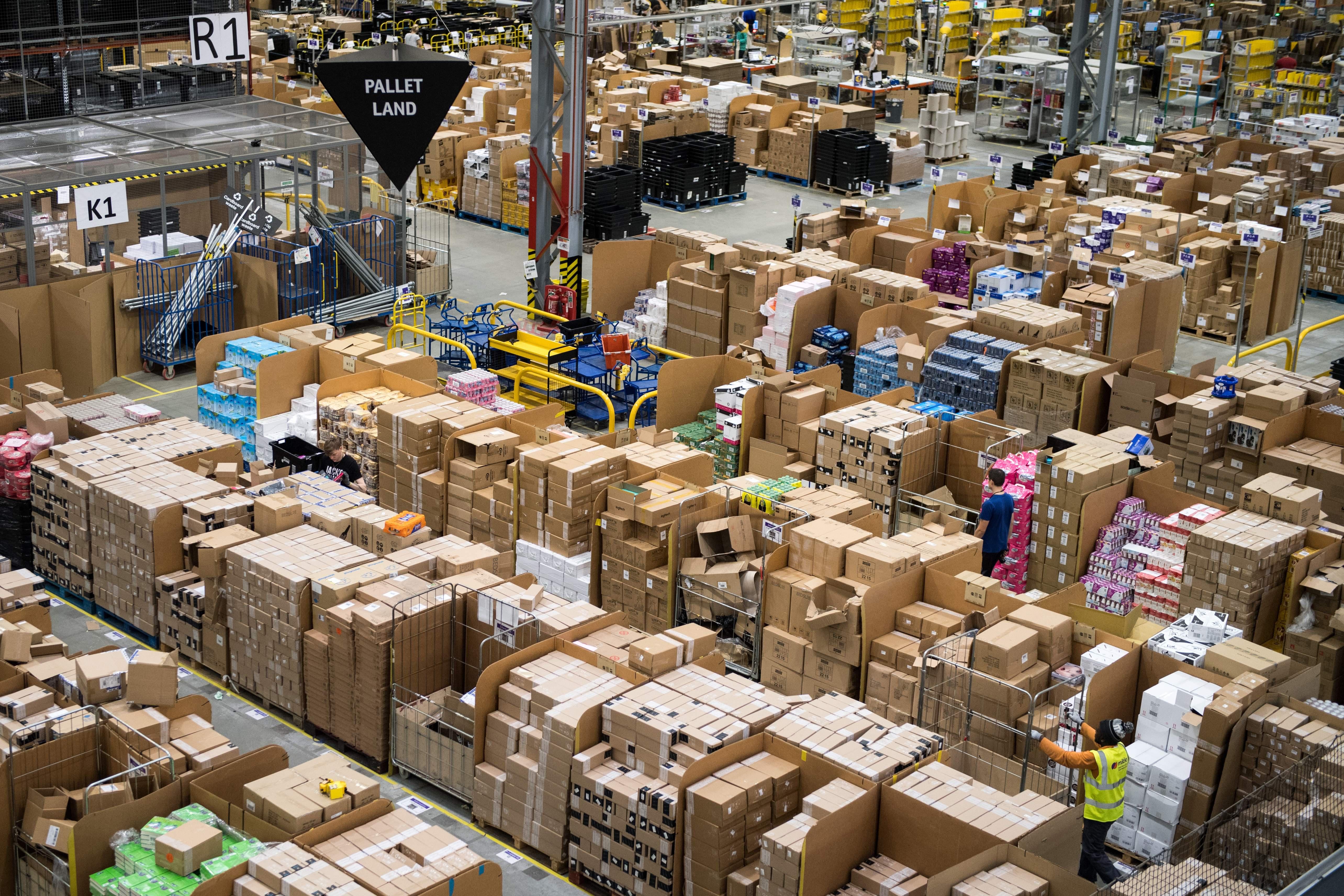On Broadway in Lower Manhattan, stores are advertising their Black Friday deals: 35 percent off at Club Monaco. Fifty percent off at Banana Republic. Steve Madden, inexplicably, will open at 6 a.m.
It’s the start of a crucial 30-day period that purportedly sends corporate balance sheets into the black. Many stores make more than 20 percent of their sales in the last two months of the year, according to Census data, buoyed by $650 billion in November and December consumer spending. The University of Michigan’s consumer survey finds Americans are feeling better about the economy than at any time since 2004, promising the most lucrative holiday shopping season in over a decade. Retail stocks climbed last week, as they tend to do around Thanksgiving.
Of course, with high expectations can come bitter disappointment. For some retailers, lackluster holiday sales will lead to layoffs, store closings, and bankruptcies in the new year. Since the spring, when steep first-quarter job losses precipitated a flurry of “death of retail” stories, the sector has continued to quietly shed jobs. Between January and October, 100,000 retail jobs disappeared. Percentage-wise, that’s not a huge drop for a field that employs more than 15 million Americans. But a year’s worth of data confirms that the dismal February and March have softened into a trend. A much more drastic decline has been underway in seasonal hiring, which has fallen 26 percent since 2013 and is projected to fall further this year. For the first time, the National Retail Foundation’s annual survey now lists “online” as consumers’ number-one destination for holiday shopping. Internet searches are also the top source of inspiration for gifts.
‘Tis the season of “do-or-die Christmases,” a retail analyst told Rebecca Baird-Remba at the Commercial Observer. But the importance of Black Friday, both as an indicator and as a jolt to the retail industry, is mixed. While December shopping has been a big deal for stores forever—in 1939 big retailers succeeded in convincing FDR to move Thanksgiving to lengthen the Christmas season—the day was never really crucial for retail balance sheets, as the story goes. Instead, as Ben Zimmer has shown, the name was coined by Philadelphia police to describe the horrific traffic jams that formed on the day after Thanksgiving.
Merchants didn’t like that, and tried to counter with “Big Friday,” which didn’t catch on. So in the 1980s, they started to put forth the idea that Black Friday was named for the black ink (profit, as opposed to red ink, for loss) on financial documents.
Did that framing ever make much sense? Unless your business is a Christmas tree farm, you should be making money all year—and thriving retail outfits do record profits each quarter. Conversely, for struggling retailers, a big holiday season won’t make a difference. Sears, for example, hasn’t posted an annual operating profit since 2010.
Christmastime is an big driver of spending, though, and this year is likely to confirm the continuing growth of e-commerce. Store closings in 2017 have now surpassed the total from 2008, at the start of the recession. Barring an extraordinary frenzy of brick-and-mortar shopping, expect to see more news like J. Crew’s Tuesday announcement it would close 39 stores—twice the number the company had planned to shutter.
That’s not all bad news for retail, at least for companies like Walmart that have invested in online shopping and delivery. But it would spell trouble for our post-Thanksgiving tradition of lining up outside the mall: Shoppers, like the Philadelphia police before them, have realized that traffic jams are annoying.
